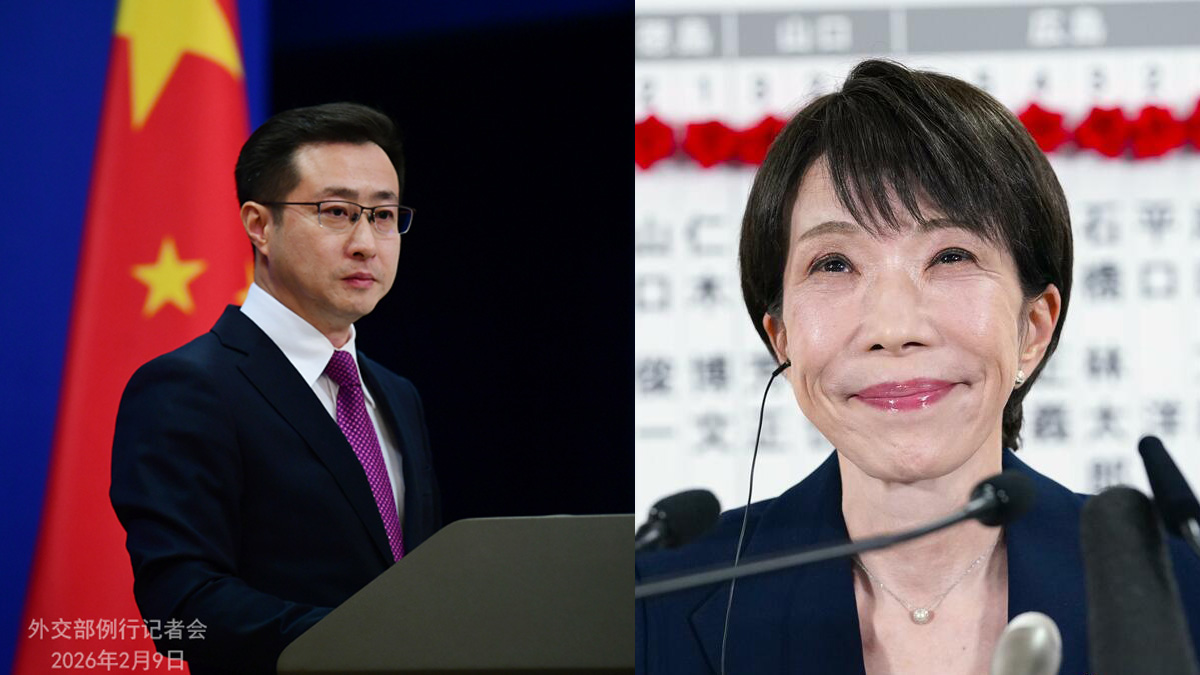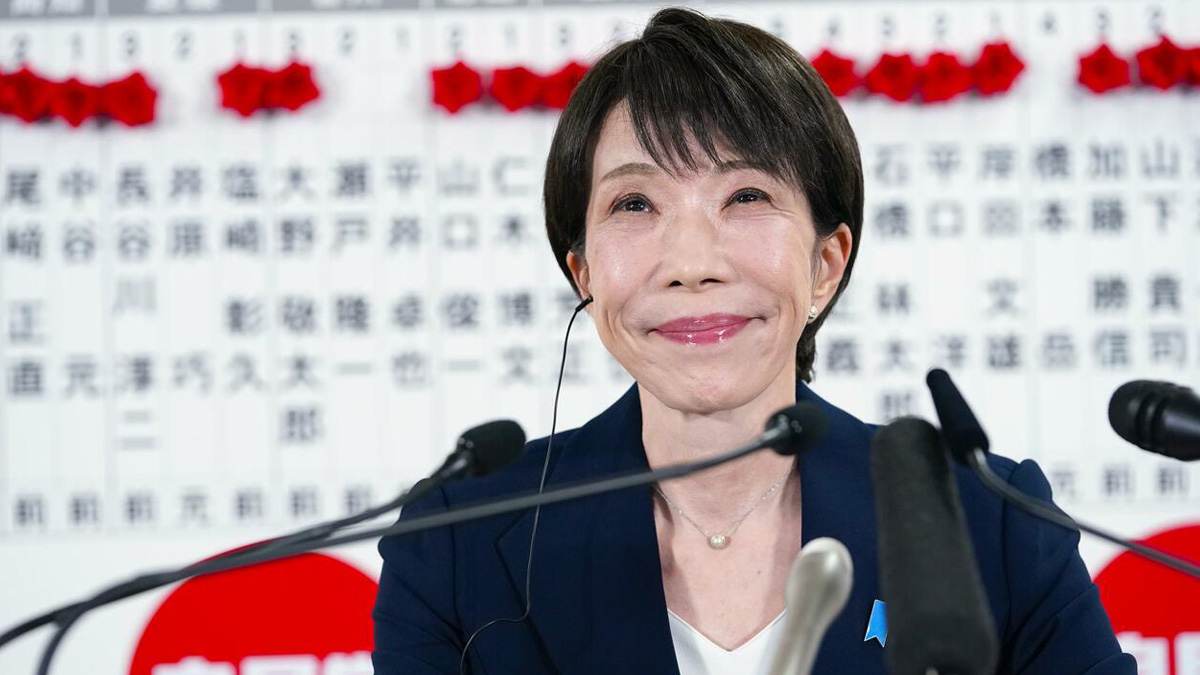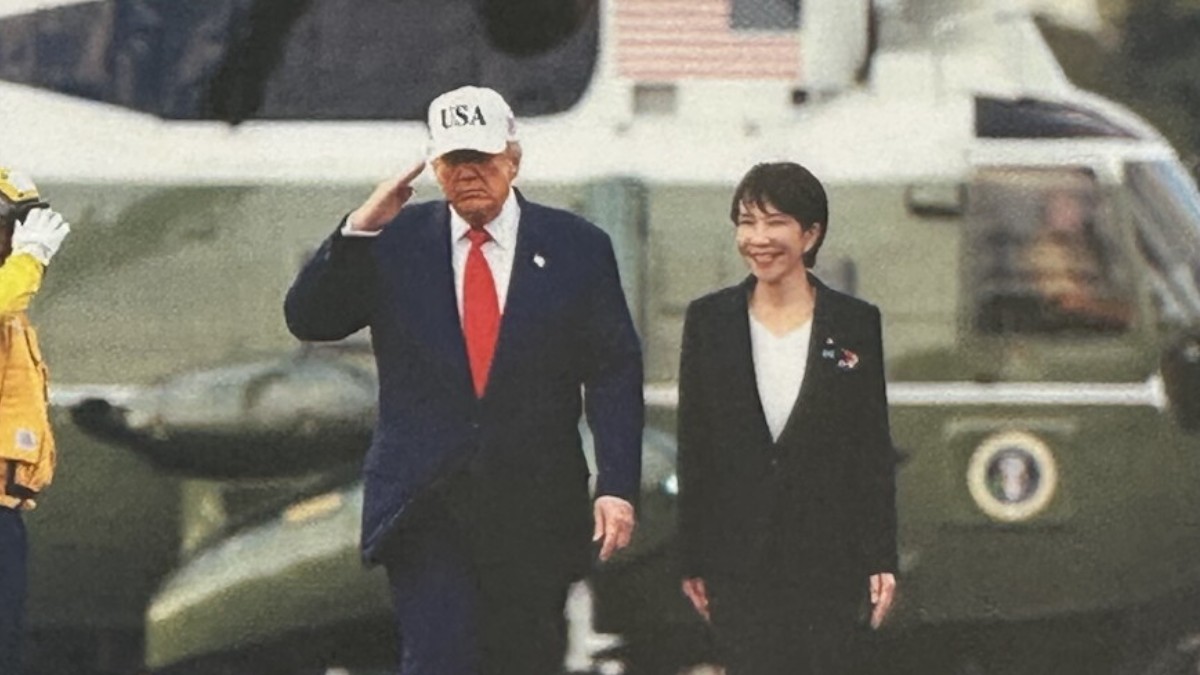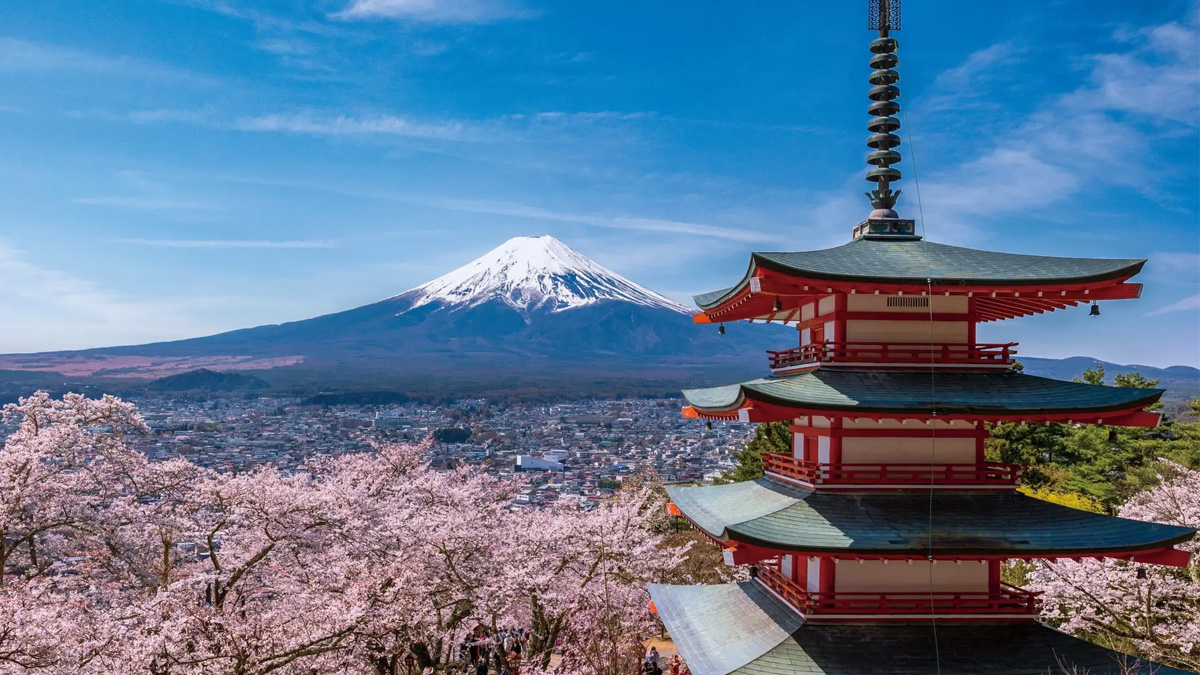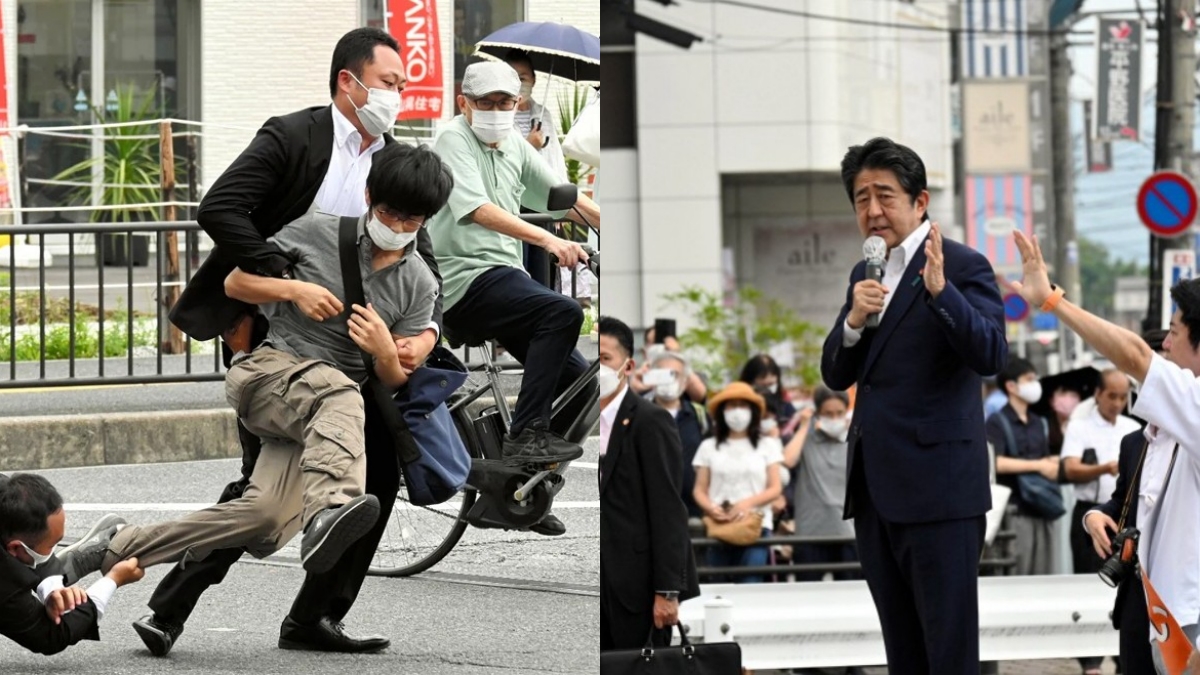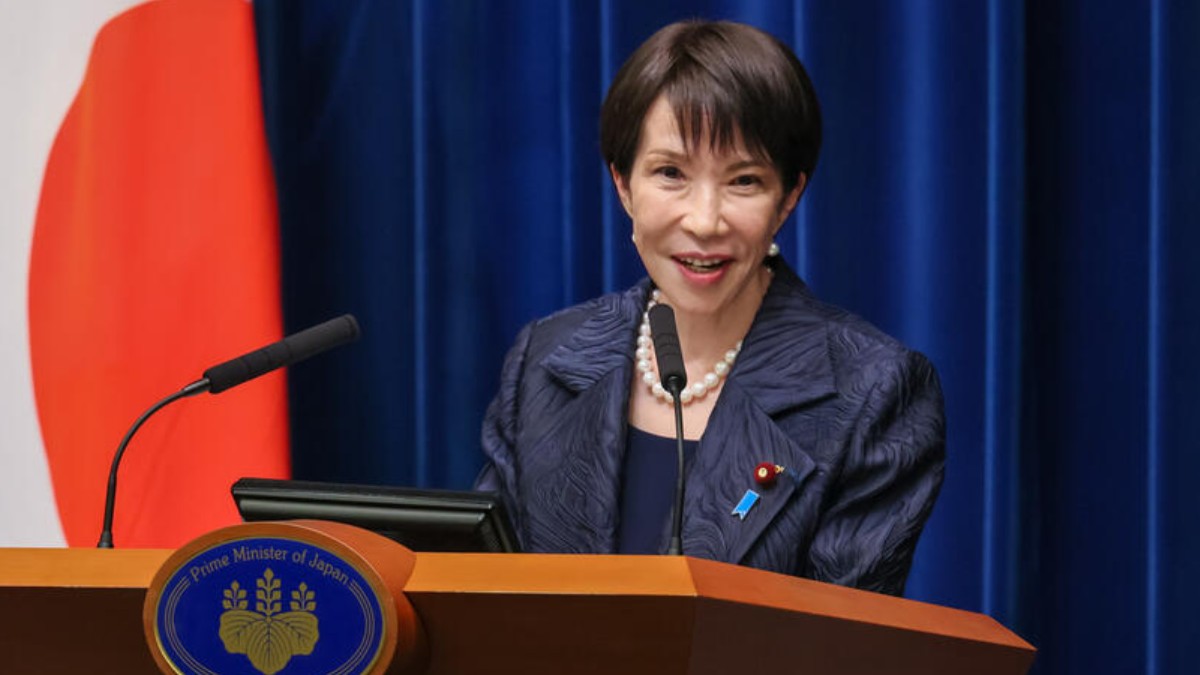Japan rejects China’s Taiwan Strait warnings as 'baseless' amid rising tensions
A Japanese official has rejected China's claims that Prime Minister Sanae Takaichi altered Japan’s Taiwan policy, calling the accusation “entirely baseless” as tensions rise between the two Asian powers following controversial remarks and threats of military action.

- Japan denies China's accusation that it changed its Taiwan policy, calling the claims “entirely baseless”.
- China has issued stern warnings, referencing UN Charter clauses allowing military action against former enemy states.
- Diplomatic ties are fraying amid cancelled meetings, social media exchanges, and economic repercussions.
A senior Japanese official has dismissed China's assertion that Prime Minister Sanae Takaichi altered Japan's longstanding position on the Taiwan Strait crisis, as diplomatic tensions escalate between the two regional powers.
Speaking on the sidelines of the G20 summit in Johannesburg on 23 November 2025, government spokesperson Maki Kobayashi, as quoted by Bloomberg, called the Chinese claims “entirely baseless”, and emphasised that Japan remains committed to strategic ambiguity and peaceful dialogue.
Kobayashi’s comments followed China’s delivery of a letter to the United Nations on 22 November, in which it vowed “resolute self-defence” if Japan were to intervene militarily in the Taiwan Strait. The letter explicitly warned Japan against any action and cited prior aggression during World War II.
The Chinese embassy in Japan also issued a series of posts on social media platform X, referencing Articles 53, 77, and 107 of the United Nations Charter—commonly known as the "enemy state clauses". These provisions, originating from World War II, permit founding UN members to take military action without Security Council approval against former Axis powers if they resume aggression.
The embassy post stated that Japan, as a former militarist state, would be subject to direct military action if it pursued hostile policies. China’s Ministry of Foreign Affairs has not commented further, but has reportedly issued multiple warnings over the past week demanding Tokyo retract statements made by Takaichi.
The controversy stems from Prime Minister Takaichi’s remarks in the Japanese Diet on 7 November, in which she stated that any use of force by China against Taiwan could constitute a “survival-threatening situation” for Japan. She refused to walk back her comments, implying that Japan could consider military involvement under its security legislation.
Kobayashi clarified that Takaichi’s comments were made in response to a hypothetical scenario and did not represent a policy shift. “We’ve repeatedly explained to the Chinese side the gist of the remarks and our consistent position,” she said, reiterating Japan’s support for dialogue over confrontation.
In a press conference during the G20, Takaichi reaffirmed Japan’s consistent stance, stating: “Japan remains open to various forms of dialogue with China. We have never closed the door. Within that openness, it is of course essential that Japan clearly articulates the positions it needs to assert.”
She added that her government has prioritised building a “constructive and stable relationship” with China, while also addressing unresolved issues with clarity.
Takaichi also confirmed that no bilateral engagement took place with Chinese Premier Li Qiang during the summit, stating, “We did not engage in prior coordination with China, and during this G20 Summit I did not have an opportunity to speak with Premier Li.”
Despite their presence at the same event, the absence of dialogue highlighted the current state of strained relations.
Despite the mounting tension, there were no scheduled bilateral talks between Takaichi and Chinese Premier Li Qiang at the G20 summit. Although both leaders appeared in the same group photo, they stood several people apart and did not engage in any direct interaction.
Underscoring the strained relations, Chinese state media pointedly noted that Takaichi arrived an hour late to the summit, missing the red carpet arrivals. Additionally, Beijing has cancelled a planned trilateral meeting with the culture ministers of Japan and South Korea, further signalling diplomatic disengagement.
Economic ties between the two countries are also under pressure. China, Japan’s largest trading partner, has imposed curbs on seafood imports and seen a decline in tourist interest from mainland Chinese visitors. This follows a broader fallout after the Fukushima treated water discharge and now, the Taiwan-related dispute.
“Peace and stability across the Taiwan Strait are vital for national security,” Kobayashi said, while also acknowledging that Japan is reducing its dependence on Chinese rare earth supplies—essential materials for various high-tech industries.
Takaichi has stated she will refrain from speculating on future military scenarios, yet her refusal to retract earlier remarks continues to fuel tensions. The Chinese side insists that any deviation from the “One China” policy or strategic ambiguity represents a fundamental shift in Japan’s posture, which it considers unacceptable.
On 22 November, the Chinese embassy reiterated its support for the “1992 Consensus,” a political understanding that both sides of the Taiwan Strait belong to “One China.” A separate post declared that “no person or force can distort or deny this historic consensus,” criticising any attempt at ambiguity.
Amid the diplomatic row, it remains unclear how either side might de-escalate. Although Kobayashi stressed Japan’s commitment to diplomatic channels, official communication appears to have stalled.
Without substantive dialogue, the exchange of public statements and historical references has deepened mistrust, leaving little room for compromise. The lack of a clear diplomatic off-ramp raises the possibility of further deterioration in bilateral relations.


